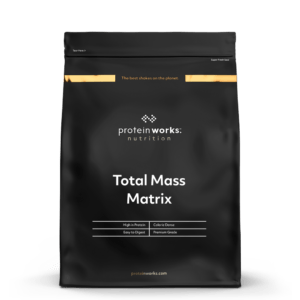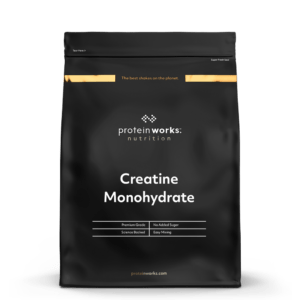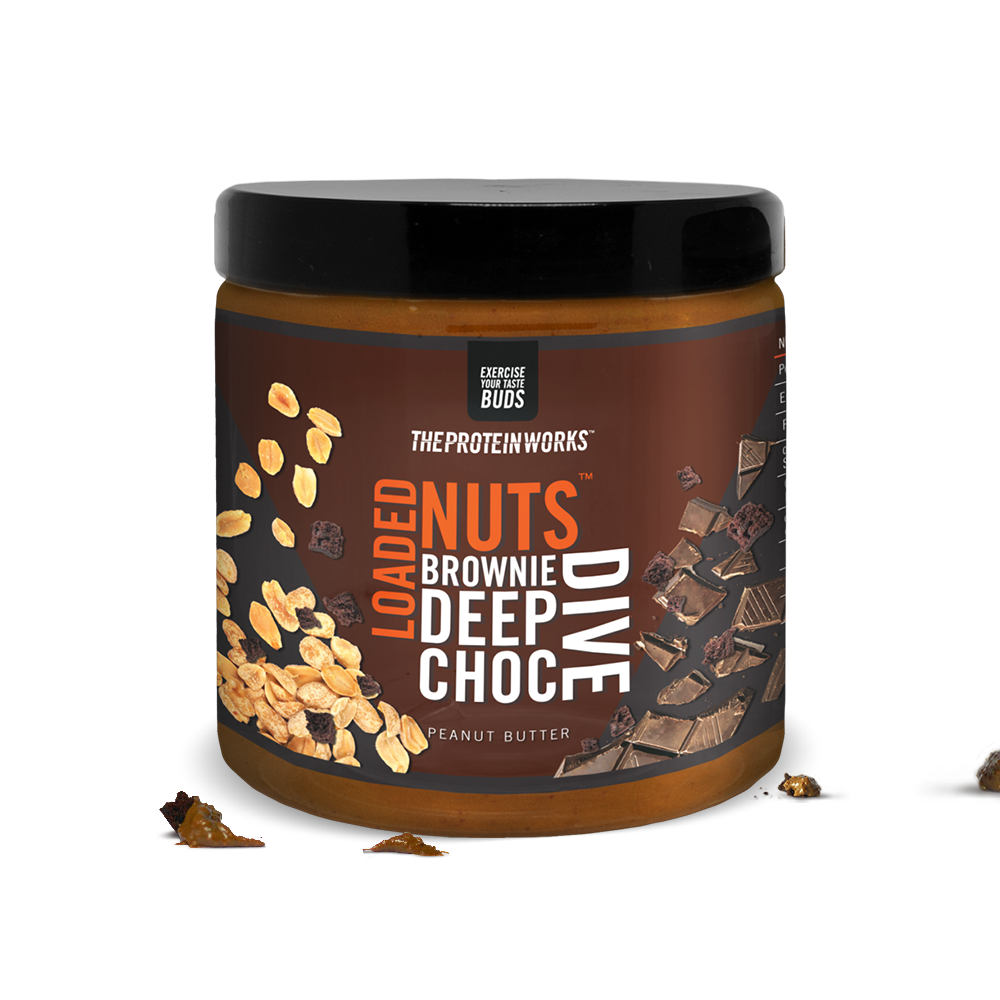How To Increase Your Calories And Bulk Up?
In order to bulk up you have to create what’s known as a ‘calorie surplus.’ This is just simply where you consume more calories than you expend/ burn which, when combined with a well-designed strength training routine, can increase muscle mass effectively. Here we look at ways you can increase your calorie intake and consequently increase muscle mass too and bulk up. Also more specifically we look at the individual nutrients that are included in almost every weight gainer and then also look at the calorie content of these nutrients.
Calories in Protein
It’s important to understand where the calories should come from since it’s not just as simple as eating McDonald’s and junk food every day and expecting to put on muscle mass. Firstly protein (which is the main nutrient in almost every weight gainer) contains 4 calories per gram; meaning 10 grams of protein will contain roughly 40 calories. This means that protein isn’t very calorific compared to fat (which contains 9 calories per gram) plus your body can only absorb a certain amount of protein at one time. So whilst it’s good to up your protein intake during a bulking phase to make sure your muscles have enough to repair, you probably shouldn’t rely solely on it as the best macronutrient to add calories to your diet.
Calories in Carbohydrates
Carbohydrates are stored as glycogen in the muscles and liver, are the body’s primary source of energy and contain 4 calories per gram. But whilst high glycaemic index (GI) carbohydrates like dextrose are needed immediately following training to spike insulin levels and kick-start the recovery process and low glycaemic index (GI) carbohydrates like pure fine oats are needed pre-workout to ensure you have enough energy to complete your workout, they aren’t really needed in huge amounts in between and relying too much on them to create a calorie surplus could instead spike insulin levels so much that you dramatically reduce lipolysis (the burning of fat) and hugely increase lipogenisis (the storing of fat) meaning you actually end up putting on masses of unwanted fat instead of muscle. Therefore again be sure to include plenty of carbohydrates in your pre and post workout nutrition but don’t rely too heavily on them as a macronutrient to create a calorie surplus.
Calories in Fats
The last macronutrient is fat which has 9 calories per gram and is a great way to boost your calorie intake. Whilst the topic of ‘fats’ is a highly complex one, here we’ll try to cover the fundamentals so you have at a basic understanding of how they can up your calorie and help you bulk up. Fats are essential for normal physiological function and are also used to cushion our organs and insulate the body (however only at reasonable levels; no more than 18% for men and 23% for women.)
Again put simply there are 3 different categories of fats; Saturated, Unsaturated and Trans fats. Generally speaking unsaturated fats are “Good fats” and tend to be high in Omega 3. They can be found in nuts, Avocado’s, Salmon and meat. The other two are “bad fats” and can be found in snack-type and junk food. Omega 3 boasts a range of benefits such as improved brain activity, increasing insulin sensitivity, reducing inflammation, promote healing and increasing the body’s use of fat for fuel therefore if you’re wanting to increase the number of calories in your diet, healthy, unsaturated, good fats would be a great way of doing this so try including more avocados, peanut butter and nuts in your diet.
Another form of fatty acid that’s received a lot of attention within the bodybuilding and sports community in recent years is the special fatty acid known as medium chain triglycerides. First formulated back in the 1950’s as a special kind of fatty acid that would serve as a calorie source for people with the inability to digest fats or who need to gain weight quickly, such as those suffering from cancer and other diseases, they are absorbed more quickly than their chemical cousins, long-chain triglycerides, because they’re shorter and more soluble in water. This makes it possible for medium chain triglycerides to pass directly from the intestines into the bloodstream (quite similar to how carbohydrates are used) unlike how most fatty acids must pass from the intestines and then into the lymphatic system before they can enter the bloodstream. It’s believed this unique quality of medium chain triglycerides is responsible for its energy boosting and performance enhancing properties and why it acts more like a fuel like carbohydrates than a fat. Therefore these could be another great way to add calories to your diet and another way to fuel a heavy weight lifting routine.
Dirty Bulk
Lastly there are nutritionists and trainers that are advocates of what’s known as a ‘dirty bulk’. This is just simply where you make up your calorie surplus by eating calorie-dense foods such as chocolate, junk food, fried foods and fizzy drinks without considering the nutrients. An example of this type of diet is the GOMAD diet, which stands for Gallon Of Milk A Day. This is just where on top of your ordinary meals and supplements you also consume a gallon of milk a day to add calories and other nutrients to your diet.
For some people the idea of a dirty bulk is a bad one since it badly affects insulin sensitivity, puts on too much unwanted fat and can even cause health problems whereas others may actually need to do a dirty bulk since they can’t create a calorie surplus any other way (these people are known as ‘hard gainers’ or extreme ectomorphs and they are naturally very skinny and find it hard to put on muscle.) Also famously some strongman competitors, such as 5 time World’s Strongest Man Mariusz Pudzianowski, are known for eating a lot of chocolate as part of their nutrition, however it must be noted this is more to support their grueling training regime and the fact the majoritiy of them weigh over 130kg’s.











No Comments yet!